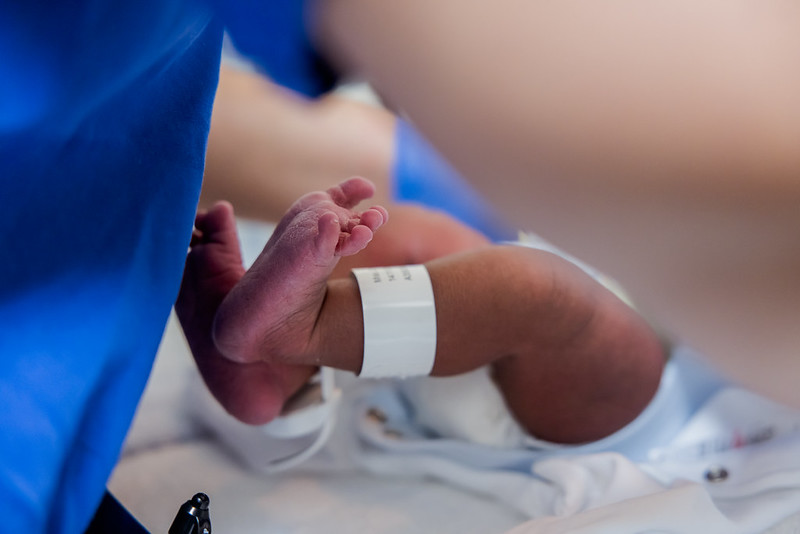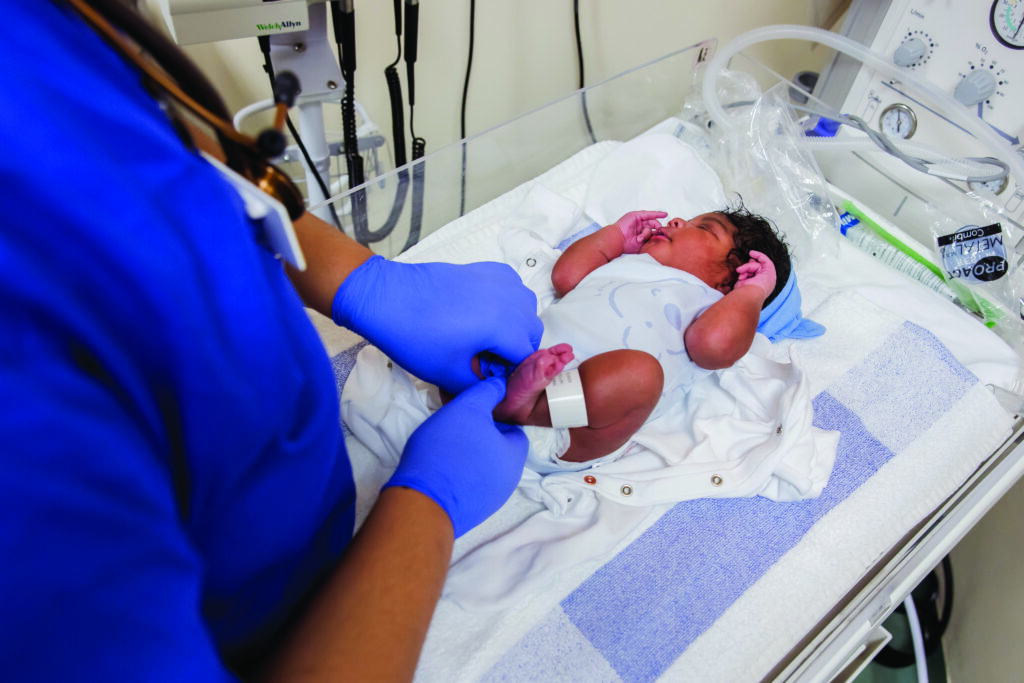on 29 April 2024
Sally Ashton‐May, Director of Midwifery Policy and Practice at the RCM discusses perinatal mental health care for women is crucial and role that midwives can play.
Low mood and poor mental health affect many people, but during the perinatal period women can be particularly vulnerable. Pregnancy is often portrayed as a time of great happiness, but for many women it can be anything but, as they cope with the huge adjustment to their lives becoming a parent entails. It can be a time when women need the most support with their mental health. It’s a shocking fact that during pregnancy, and up to one year after birth, one in five women will experience mental health issues, ranging from anxiety and depression to more severe illness and in the worst cases lead to suicide. Indeed, suicide remains one of the leading causes of death in new mothers.
We’ve all heard of the baby blues – this is common for many mothers. However, if a woman is struggling without the right support or has an undiagnosed mental health condition, their mental health can begin to decline rapidly at any stage during their pregnancy. Midwives and other healthcare professionals have a key role to play in ensuring that throughout the perinatal period equal emphasis is put on both the physical and mental health of women.
Thankfully talking about mental health has become more common and accepted in society. With today marking the start of Maternal Mental Health Week, it’s a good opportunity to reflect on what the RCM is doing to support our members to support the mental health of women in their care. In Autumn 2023, the RCM published a landmark perinatal mental health road map, a set of guiding principles for perinatal mental health services which was widely welcomed by midwifery leaders. We firmly believe that, if our recommendations are followed, it can lead to improved mental healthcare for pregnant women and new mothers in the UK. Midwives are key to better mental health. It’s not all on their shoulders, but together, the midwife spends more face-to-face time with women during their birth journey than any other healthcare professional. Midwives can spot problems early on and put strategies in place for dealing with them.
According to NHS England the numbers of women accessing perinatal mental health care is up almost a third compared to 2022 and 39 new maternal mental health services have been set up by the NHS across the country. While we welcome this progress, this isn’t enough and almost a year later, our warning that perinatal mental health support is on the precipice still stands. We believe every maternity service in the UK should have at least one specialist perinatal mental health midwife. It’s the very least women accessing NHS maternity care deserve.
There is no doubt that maternity services continue to struggle to meet increasing demands. There is still a big shortfall of midwives, we estimate around 2,500, and urgency to address the gap in perinatal mental health support hasn’t gone away. We specifically need more specialist perinatal mental health midwives. We are realistic in our request: 350 will do. They literally could make the difference between life and death for some mothers. Once trained they will provide women with the care they need.
How we prioritise healthcare shouldn’t come down to money, but by addressing perinatal mental health early on NHS will reap the rewards down the line. When mental ill-health remains undiagnosed and untreated, not only is there an emotional impact on women and families but also a financial burden to the state – roughly an additional £8.1 billion each year. Investing in perinatal mental health and the training of more midwives now would be a fraction of that cost.
That said, midwives are only part of the solution. There needs to be a fundamental shift in how mental ill-health is viewed. Women and their families need the right support from midwives underpinned by the right training. In short, there needs to be a comprehensive review of midwifery training through a perinatal mental health lens.
With maternal mental health in the spotlight this week we urge the governments across the UK to renew their focus in supporting and funding services to deliver a fundamental change to perinatal mental health care and, importantly, improve the outcomes for women.

